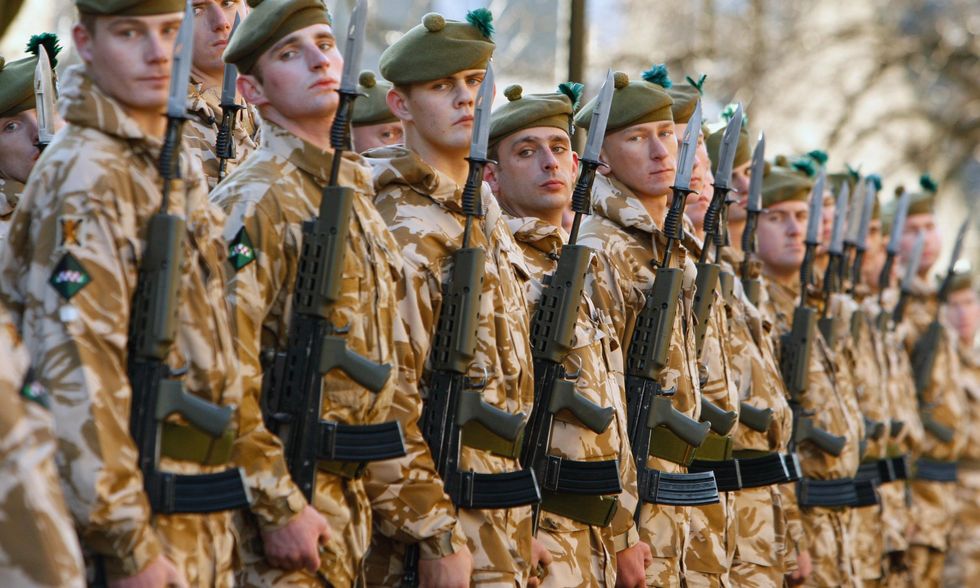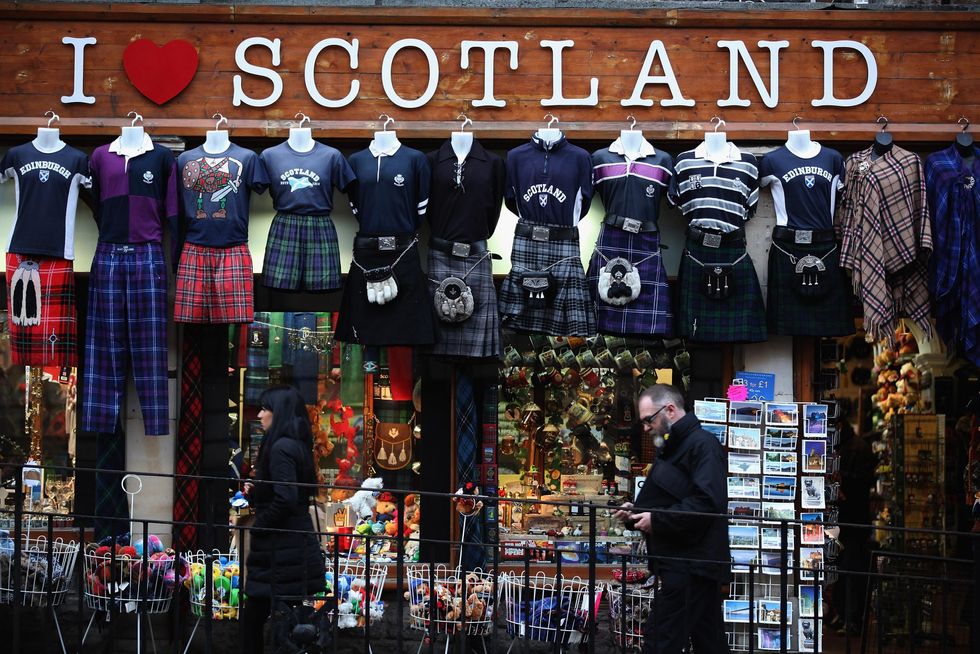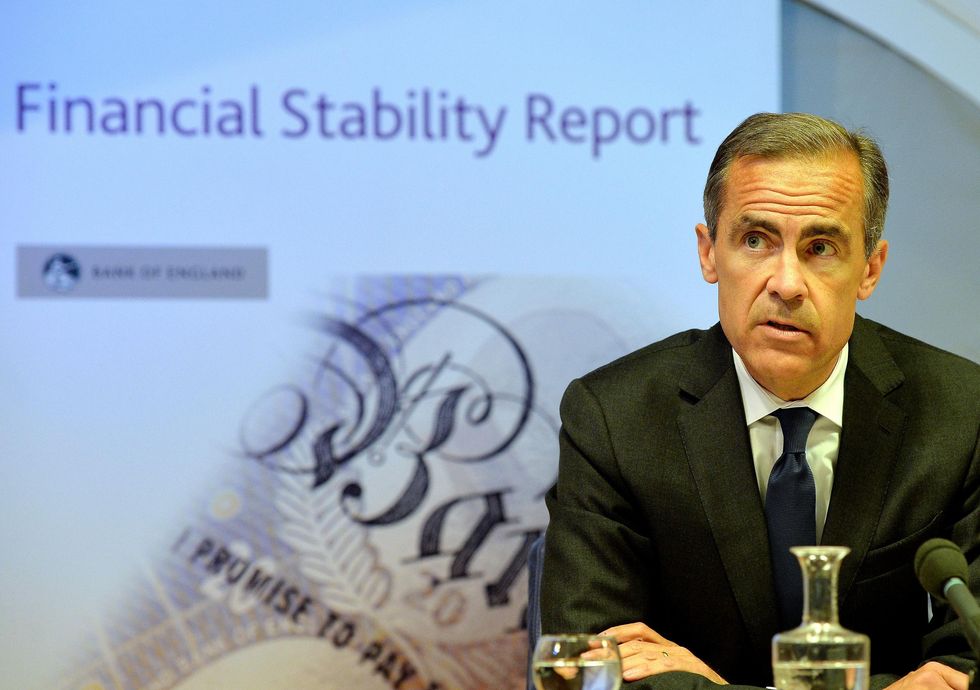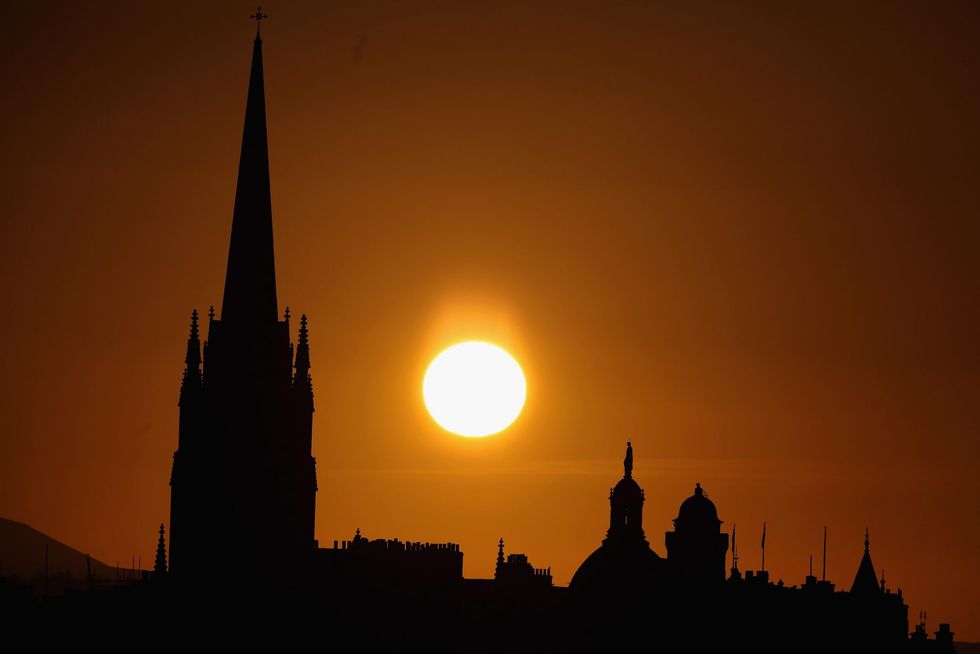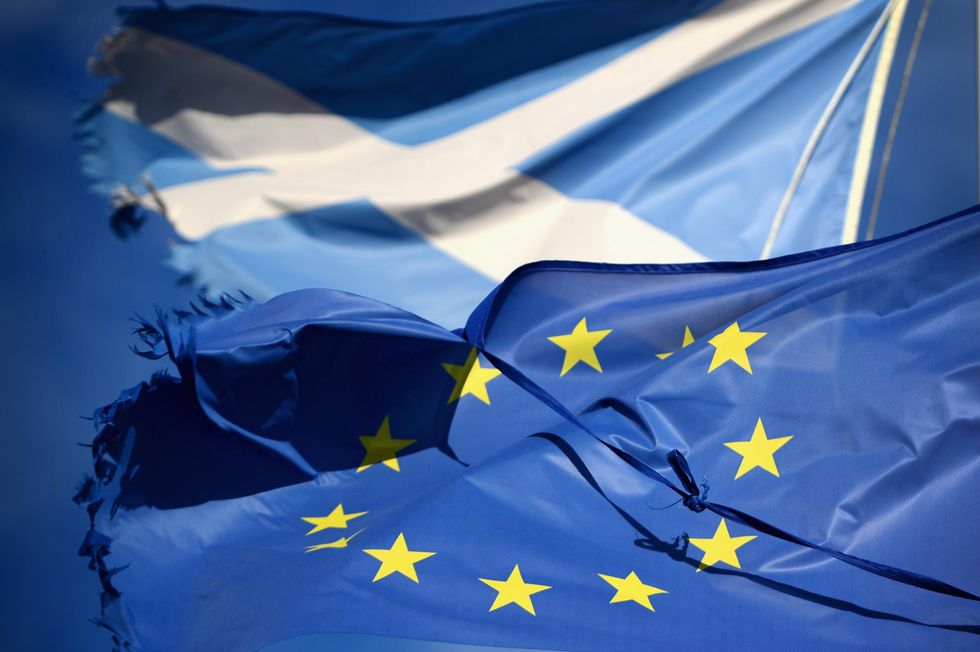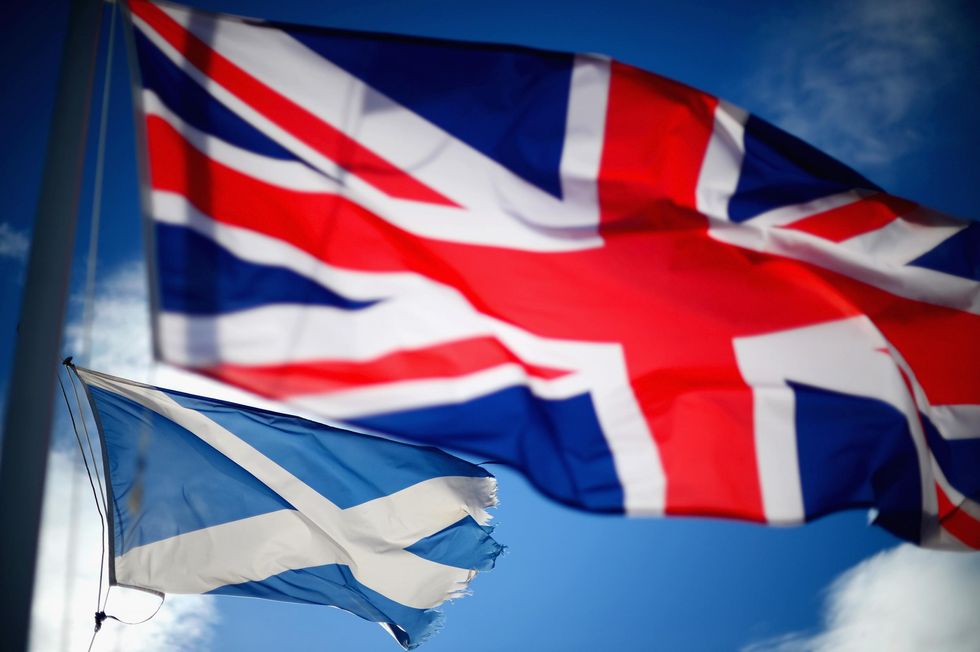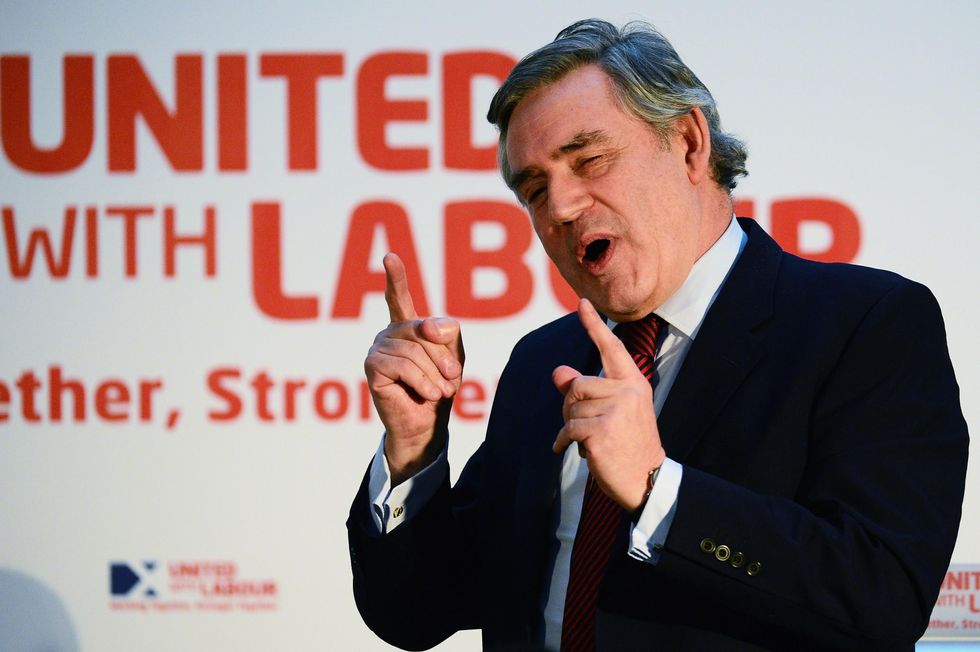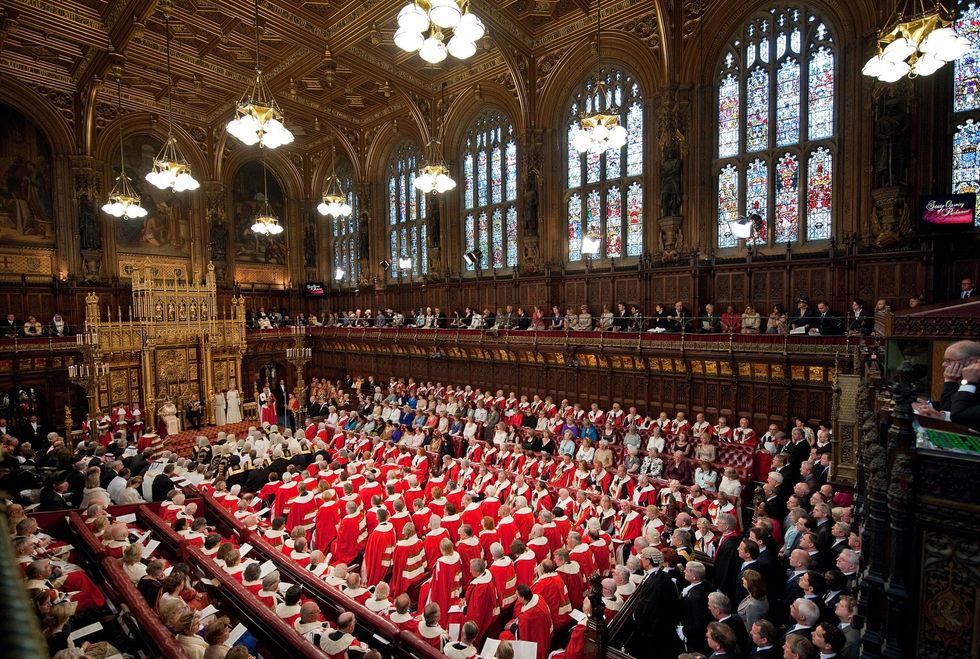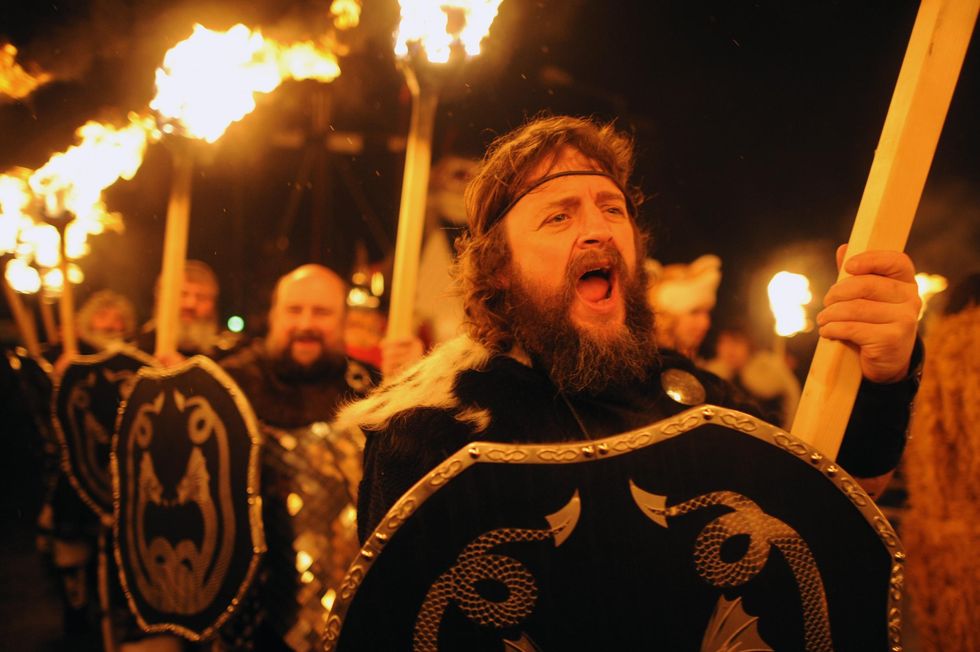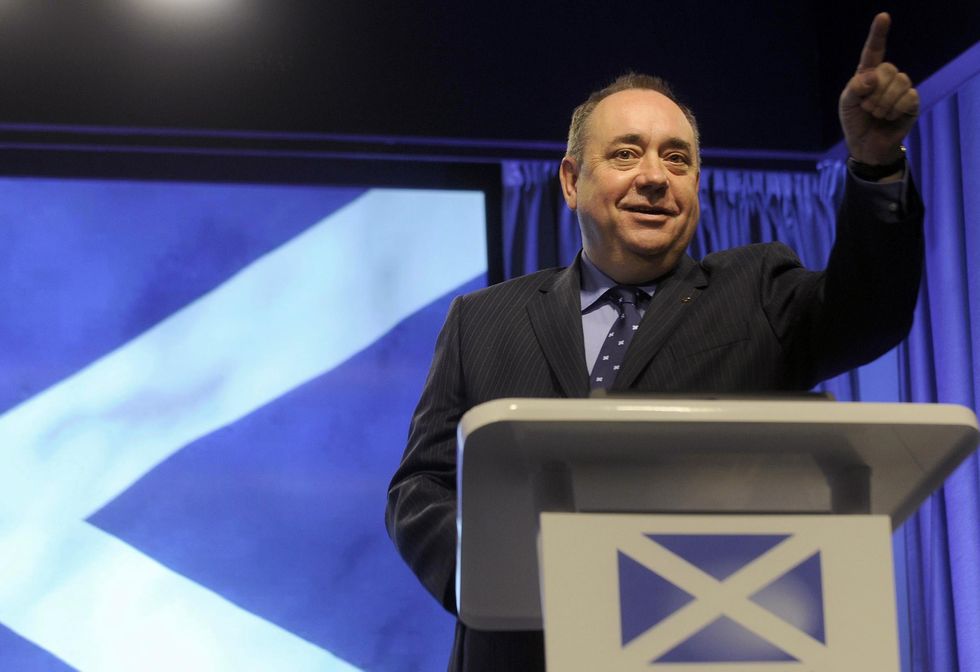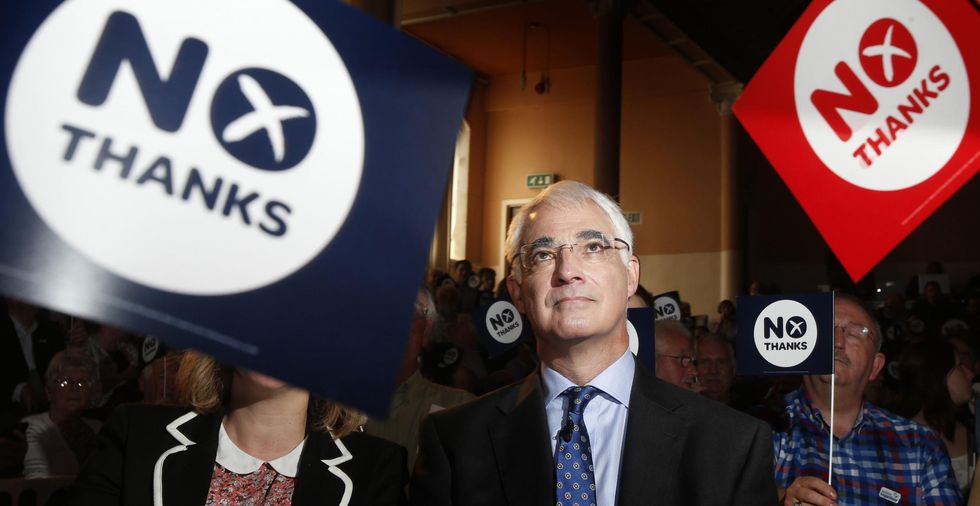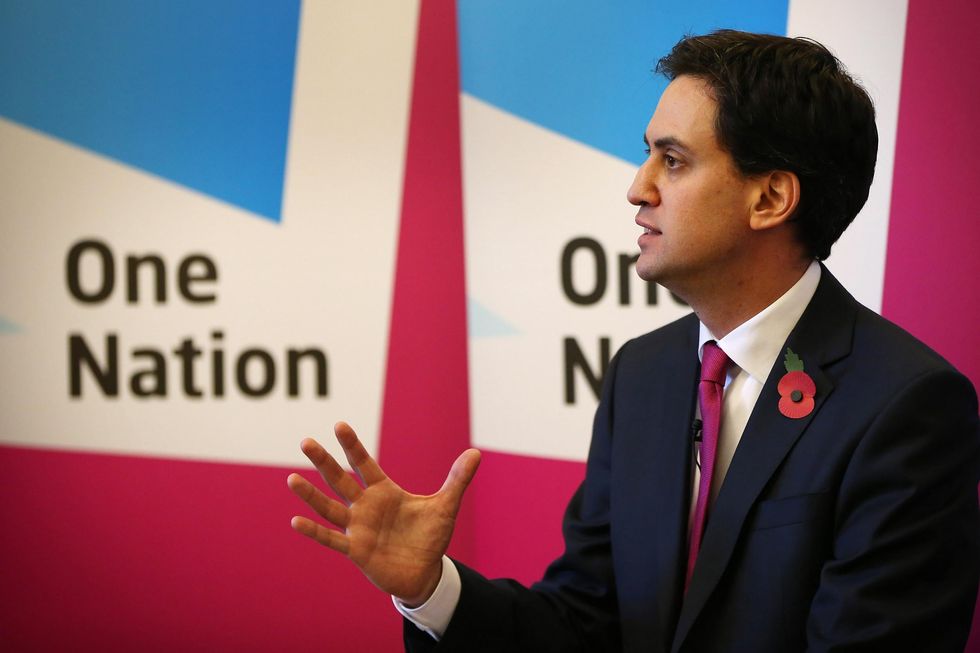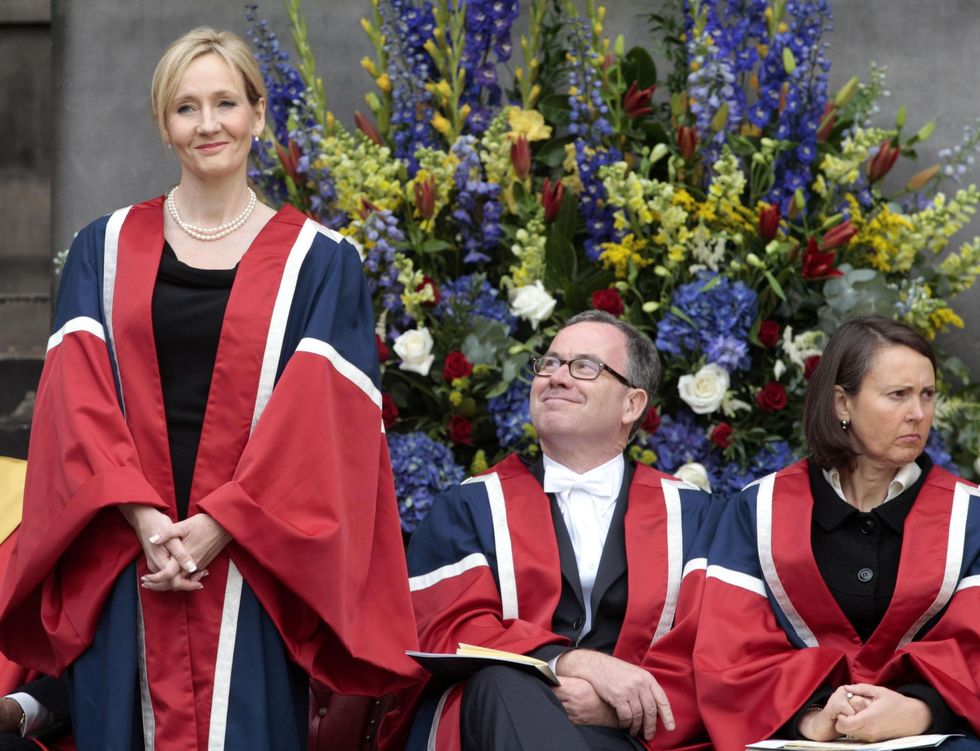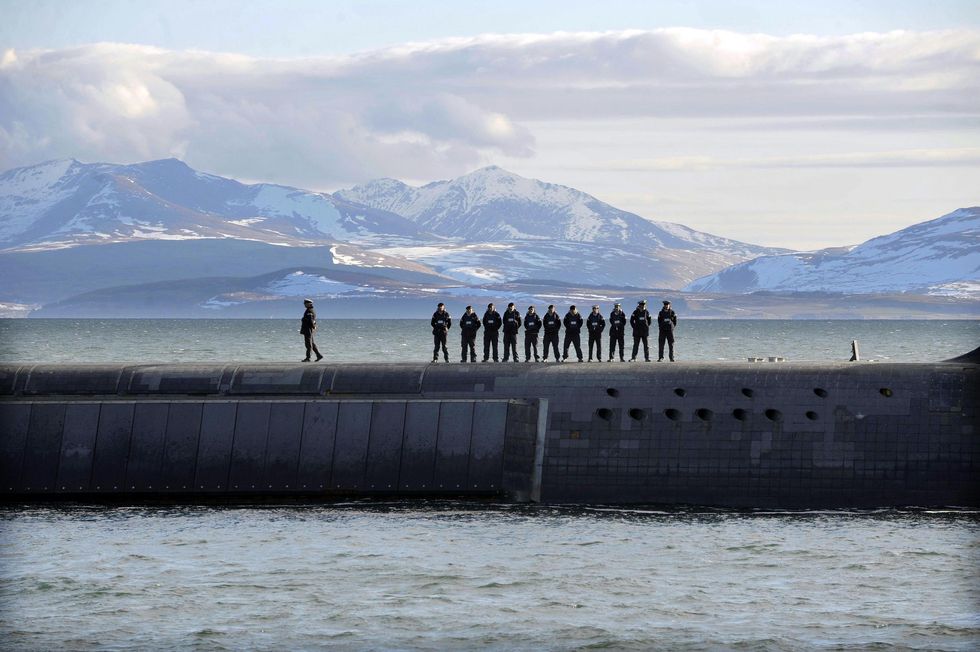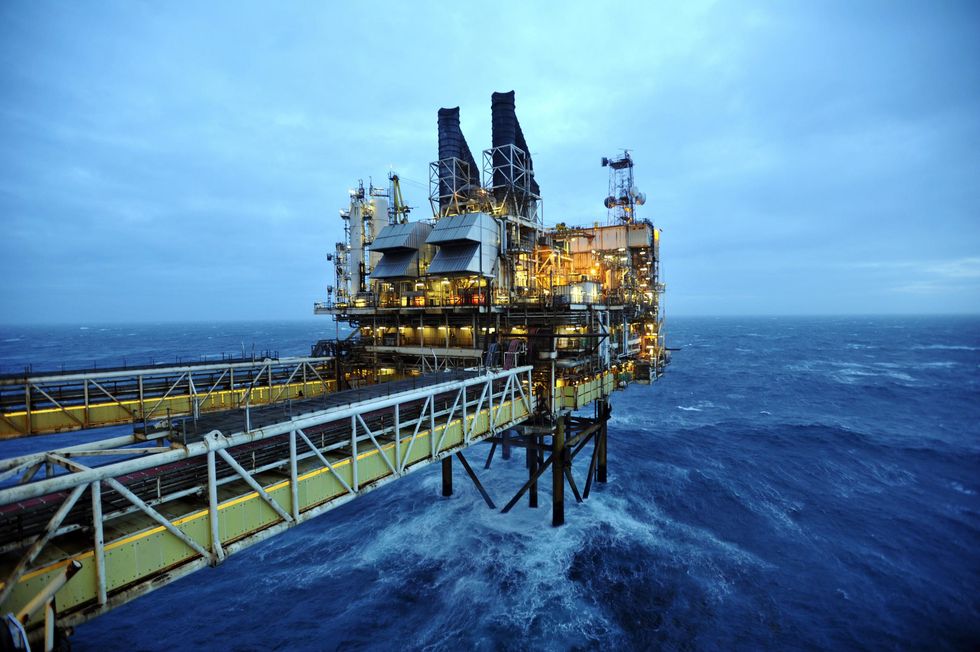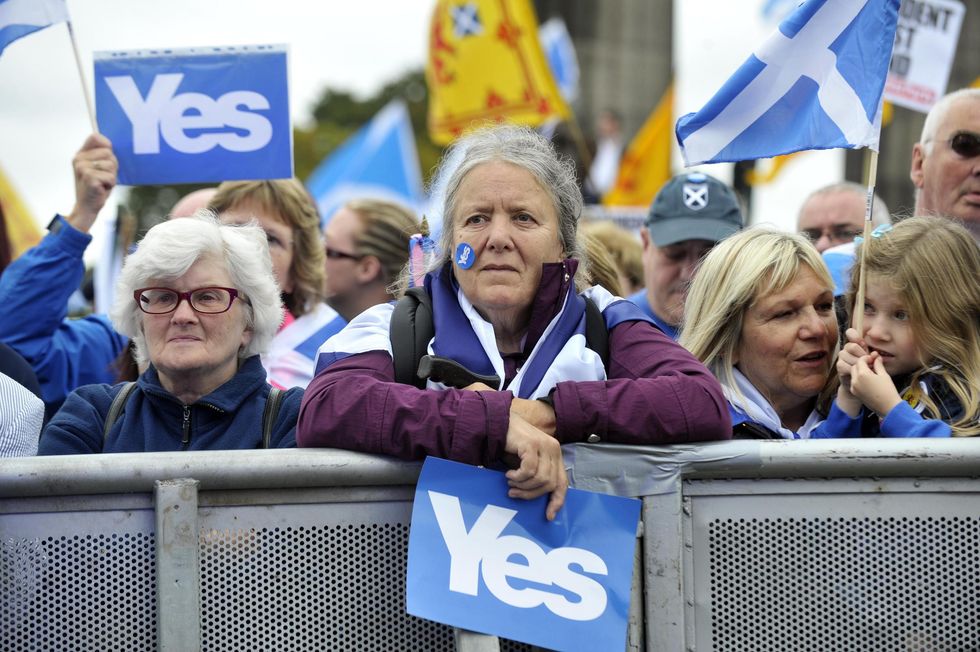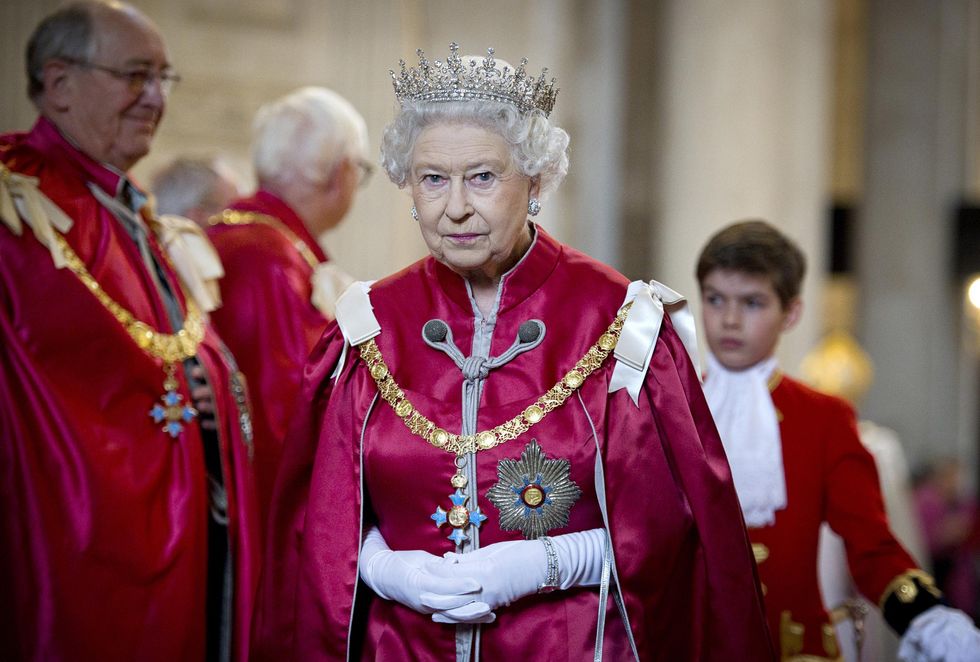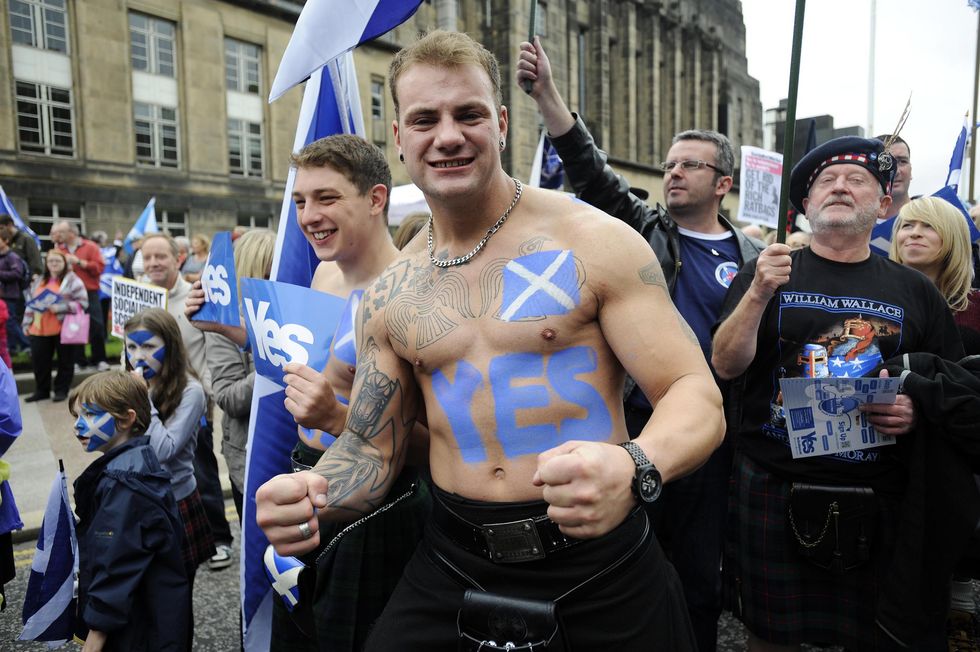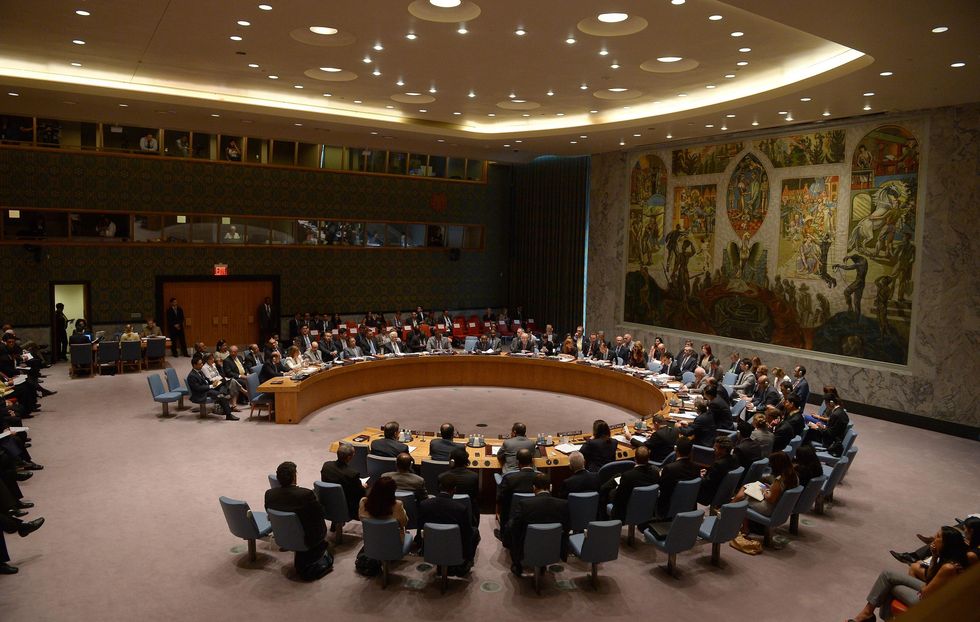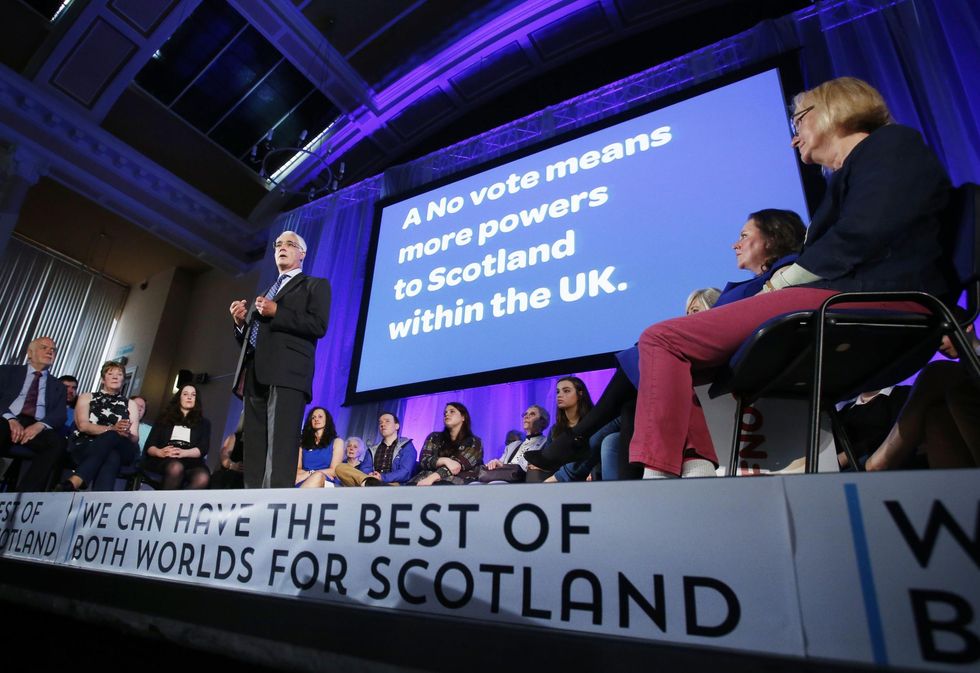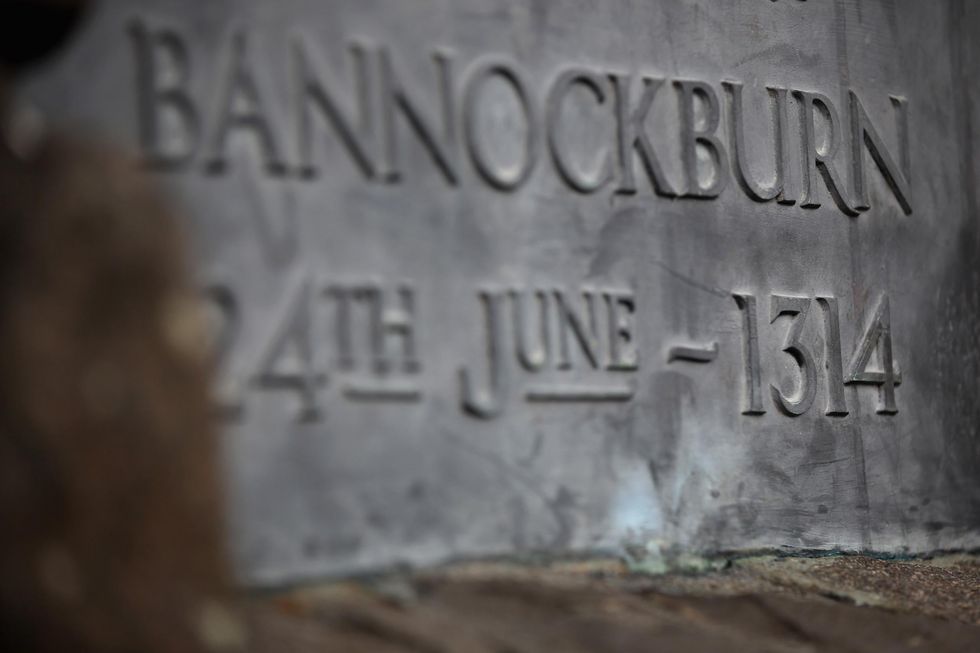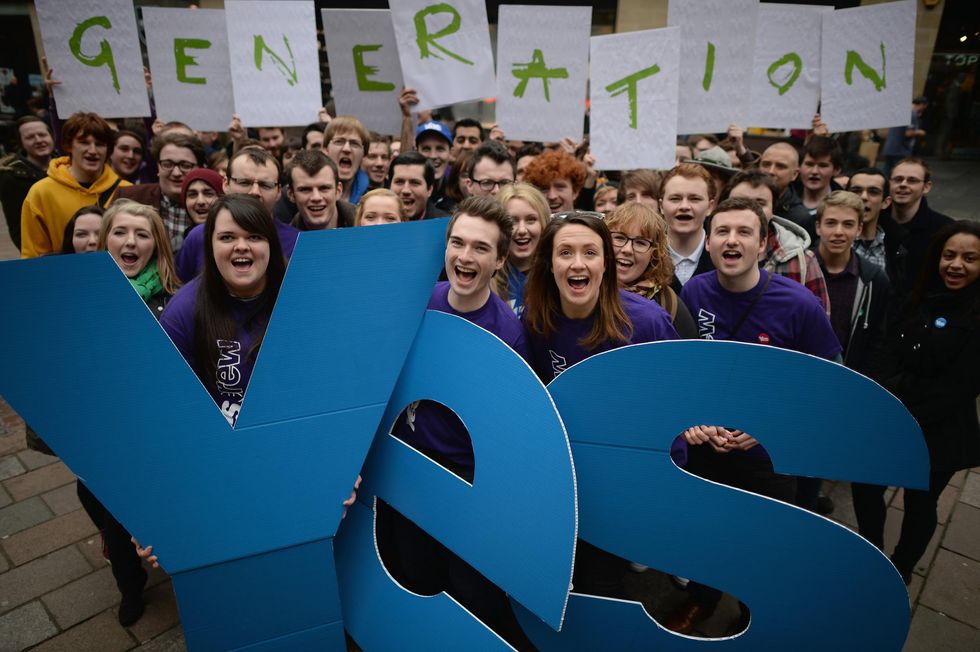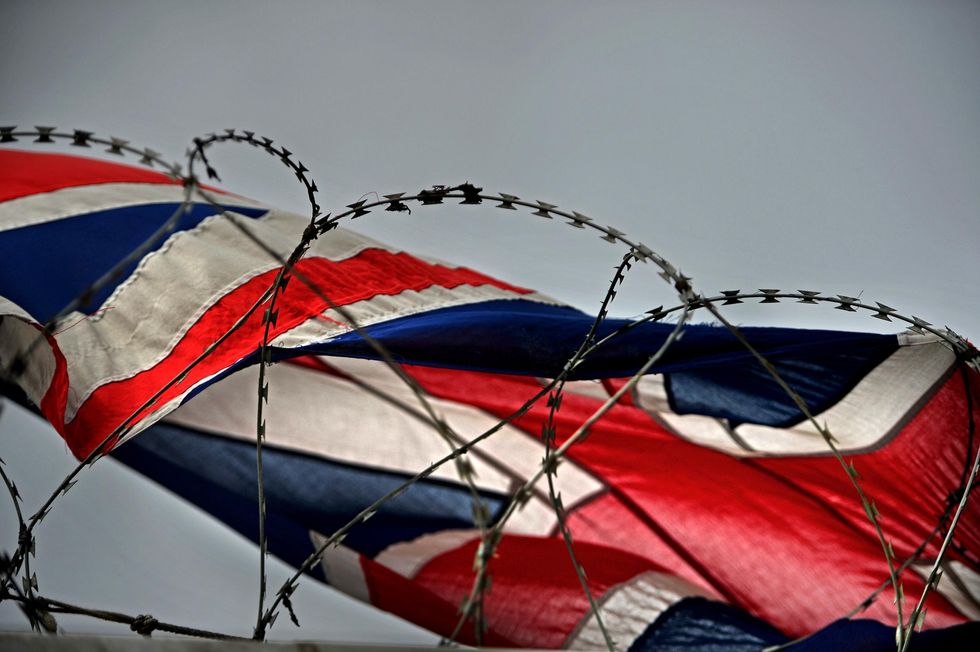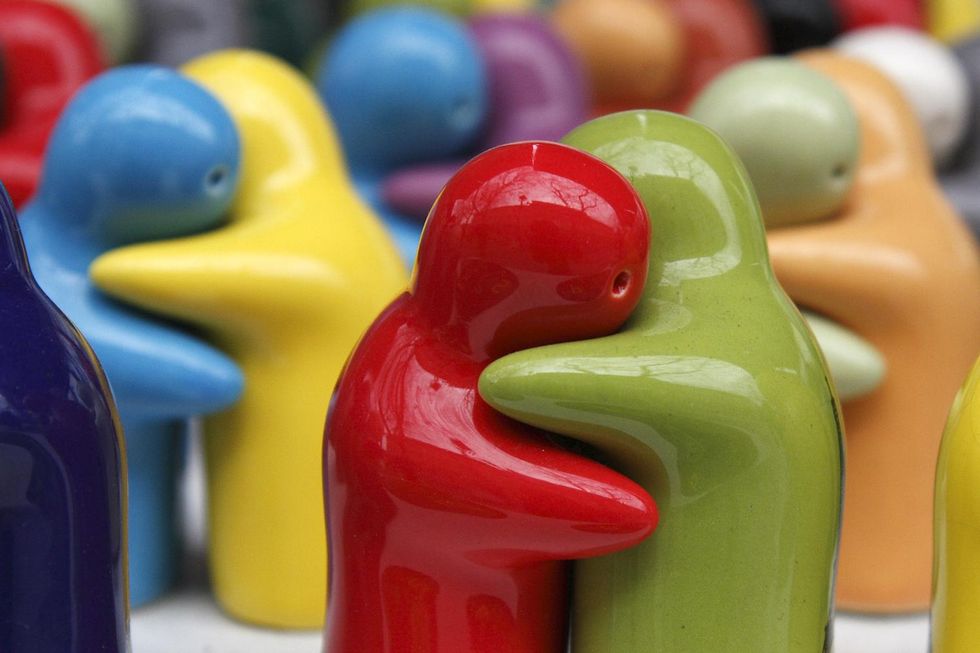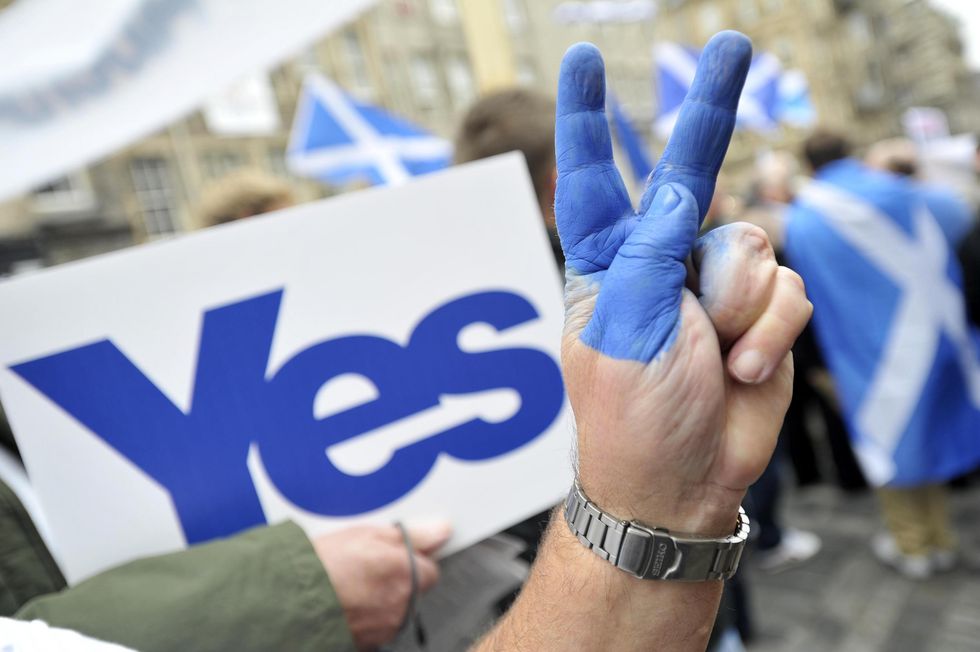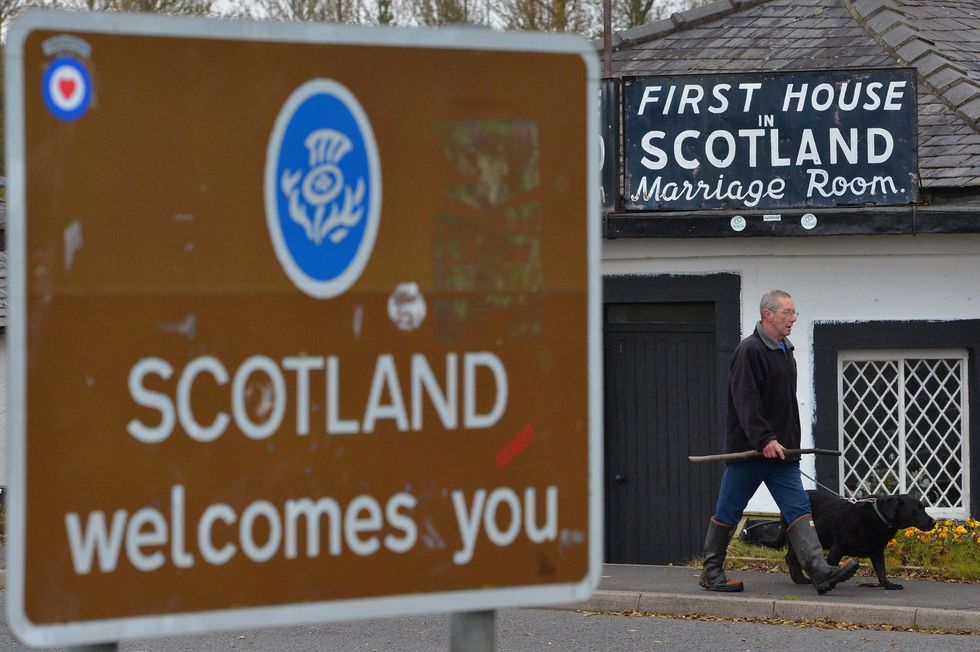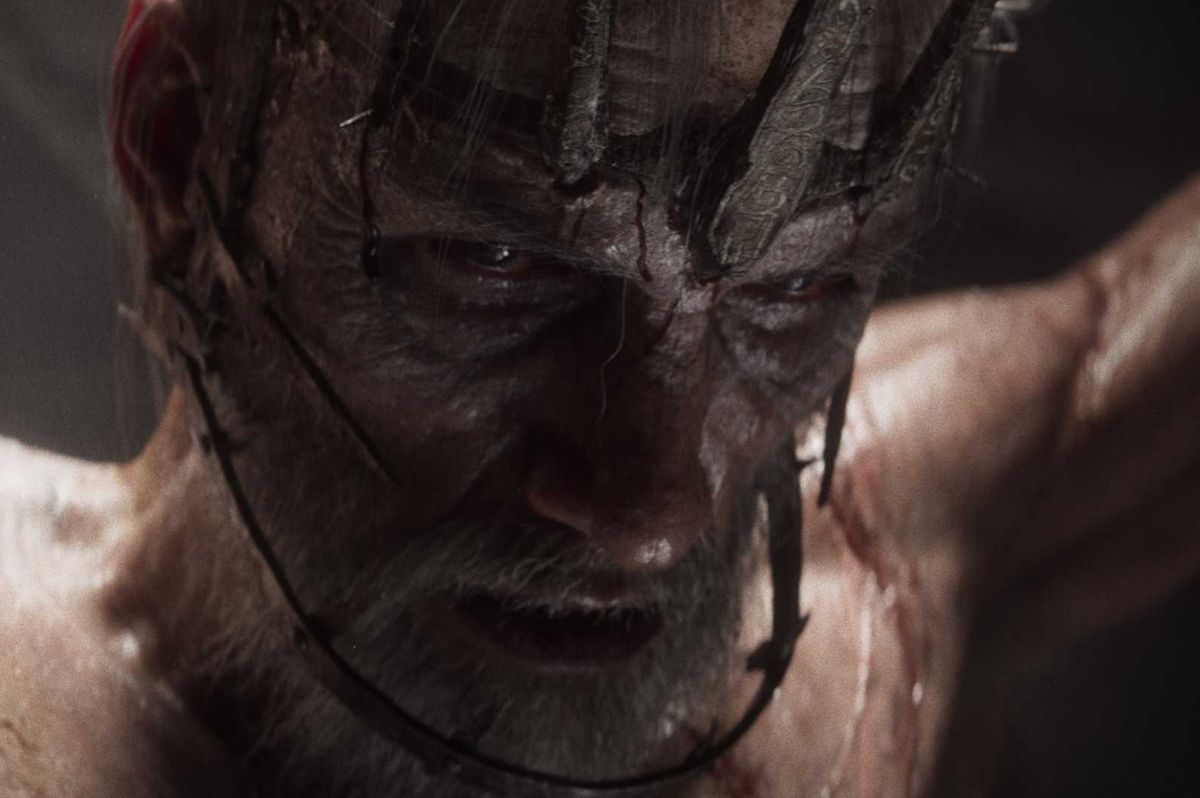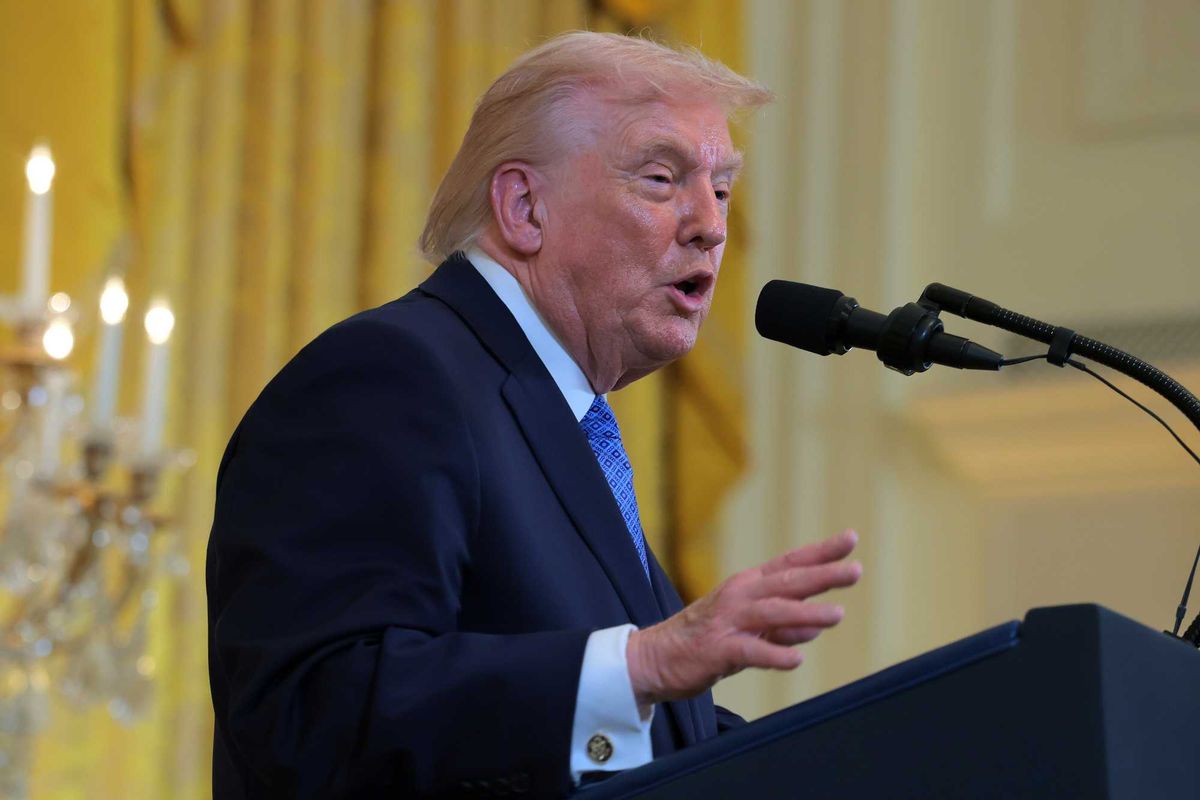News
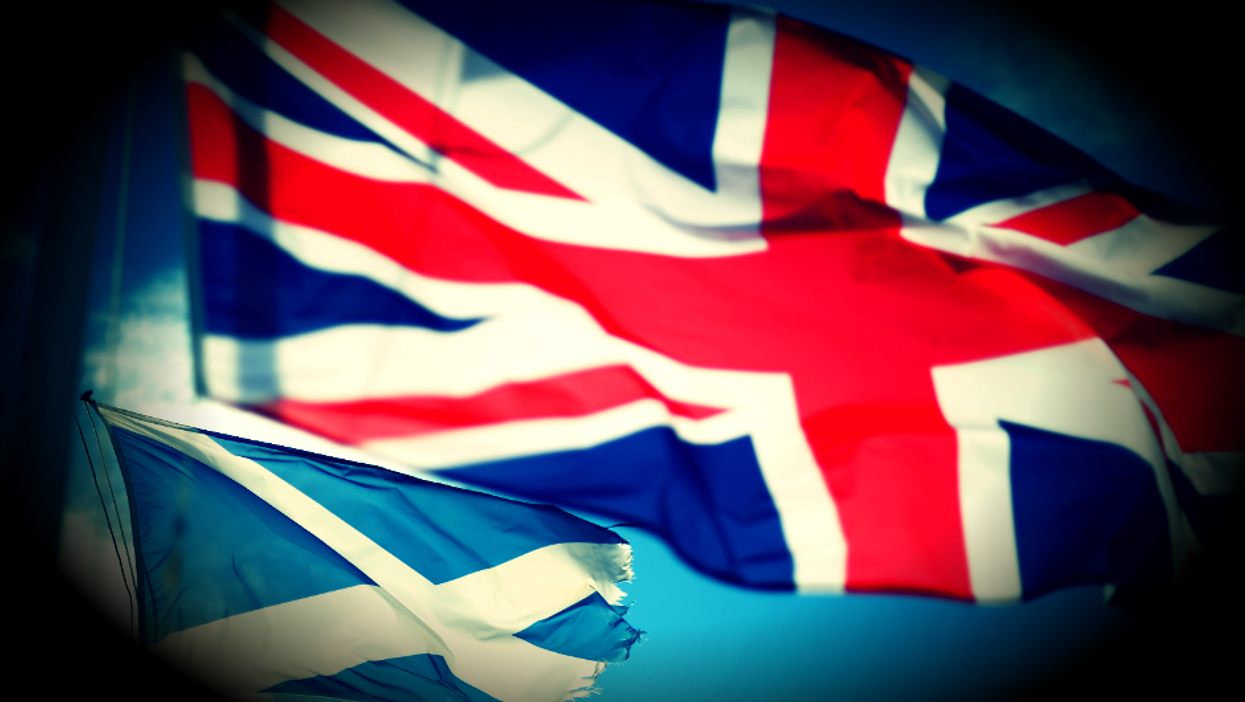
Armed forces
Defence has traditionally been seen as one of the biggest obstacles towards independence in terms of the complexity and scale of disentangling Scotland's forces from the UK, and whether it would be able, or wish to, remain a Nato member. Westminster has warned an independent Scotland would struggle to protect its borders and safeguard national interests with a small defence force, and claimed a proposed budget of £2.5billion is too small. But one thinktank suggested Scotland could achieve its defence aims with an even lower budget.
Business
Standard Life has said it has contingency plans to leave an independent Scotland, while Lloyds Banking group plans to move its registered offices to London if Scotland votes 'yes'. While the heads of BP and Shell have voiced concerns about independence, Ryanair and British Airways are positive about the proposed cuts in air passenger duty. But most companies have chosen to remain neutral or steered clear of predictions, despite credit-ratings agencies predicting an immediate downgrade of an independent Scotland's economy.
Currency
"If Scotland walks away from the UK, it walks away from the UK pound", George Osborne said in February, appearing to rule out a currency union. But the 'Yes' campaign insists an independent Scotland would keep the pound and dismissed the chancellor's comments as scaremongering. Bank of England governor Mark Carney (pictured below) has said he would be willing to hold negotiations in the event of a 'yes' vote but that the Scottish government would have to give up some powers.
Debt
According to the SNP, an independent Scotland would take on its share of the UK's £1.3trillion national debt equivalent to its population - leaving the new country with a debt pile worth £100billion, or 75 per cent of its GDP.
EU membership
The ease with which an independent Scotland could join the EU – and the terms of its membership – has become a crucial dispute. The SNP says Scotland would be treated as a “successor state” thanks to being an integral part of the UK for 40 years but opponents say membership would be far from simple and the country would be treated as a new applicant - meaning it could be forced to commit to joining the euro and scrapping border checks. The competing arguments would ultimately be ruled on by the 28 member states, but it is hard to see countries with strong separatist movements smoothing Scotland’s way.
Flag
The first Union flag was formed by merging the St George's Cross with the Saltire, with the Cross of Saint Patrick later added. But if Scotland were to leave the Union where would that leave the design of the national flag? Despite some calls to finally include the black and yellow flag of St David, or an explicit reference to the flag of Wales, it is more likely the Union flag will simply drop the blue of St Andrew's Cross.
Gordon Brown
The former prime minister would be one of 59 MPs effectively out of a job if Scotland voted for independence, with high profile figures such as ex-Liberal Democrat leader Charles Kennedy, former chancellor Alistair Darling - who heads the pro-Union Better Together campaign -, shadow foreign secretary Douglas Alexander and chief secretary to the Treasury Danny Alexander also in line to leave Westminster.
House of Lords
Peers are not tied to any particular constituency, but must pay income tax, capital gains tax and inheritance tax in the UK. Around 60 members of the House of Lords are residents in Scotland, and would have to decide whether to pay income tax in two countries in the event of Scottish independence.
Islands
After spending 500 years under Norse rule, it can be little surprise that the people of Shetland and Orkney might not consider themselves as British as residents of Edinburgh, let alone Surrey. The SNP has pledged that Scotland's island communities would get all money generated from leasing the seabed in the event of independence, in a bid to stave off any further fragmentation of Scottish territorial integrity.
Jobs
The Centre for Economics and Business research has warned up to 40,000 jobs in the financial services sector will be lost in an independent Scotland, with thousands of jobs at military bases also potentially at risk. But Alex Salmond (pictured below) says a corporation tax cat-fuelled increase in productivity will lead to a boom in jobs.
Kim Jong-il
Alex Salmond's team were unhappy to hear Alistair Darling (pictured below) liken the first minister to North Korea's supreme leader Kim Jong-il. The former chancellor said the SNP's criticism of the amount of airtime received by Ukip was a "North Korean response". A spokesman for Mr Salmond called the remarks demeaning, pathetic and puerile.
Labour
A victory for the SNP in September would consign David Cameron to history as the prime minister who presided over the breakup of the Union, but it could still spell good news for the Conservatives, who would be in a commanding position for electoral success in a smaller United Kingdom. At the last general election Labour won control of 40 constituencies in Scotland to the Tories' solitary seat, effectively meaning Ed Miliband would need 250,000 extra votes to compensate for the loss of Scotland.
Muggles
Harry Potter author JK Rowling's £1million donation to the 'no' campaign and her likening of some cybernats to Dementors caused an online storm. Elsewhere, David Bowie, Mike Myers and Susan Boyle have all backed staying in the union, whereas Sir Sean Connery, Brian Cox and Frankie Boyle have all put their support behind a 'yes' vote. Elijah Wood retracted his support for an independent Scotland however after clarifying he had misheard an interviewer's question, and was in fact expressing his support for independent Scottish cinema.
Nuclear deterrent
A final decision on any replacement for Trident will not be taken until 2016, but the Tories and Labour are committed to maintaining it. The SNP has pledged to remove the submarines from their bases on the Clyde if it wins the first elections in an independent Scotland, which could see them moved to Plymouth. While most Scots oppose nuclear weapons a majority also want Trident to remain in Scotland, perhaps because of the thousands of jobs at stake on the Clyde.
Oil and energy
Scotland generates about 15 per cent of its tax revenues from oil, and there are around 24billion barrels of oil, worth about £1.5trillion left in the North Sea. Conversely, Scotland's renewable-energy generation is subsidised by the English taxpayer.
Pensions
The state pension age in an independent Scotland would rise to 66 in 2020 in line with the rest of the UK, with an independent commission then appointed to examine the issue. Private sector pensions are less clear-cut, however, with the Institute of Chartered Accountants of Scotland expressing concern at a lack of a new Scottish regulator.
Queen Elizabeth I of Scotland?
The Scottish National Party is not republican, internal factions aside, and Alex Salmond has stated the monarchy will be retained by an independent Scotland. It is possible, post-independence, that a separate referendum on the monarchy could be held.
Referendum question
"Should Scotland be an independent country?" is what voters will be asked on September 18, dividing the electorate into 'yes' and 'no' camps. SNP ministers had initially wanted the question to be phrased as "Do you agree that Scotland should be an independent country?", but more neutral language was eventually settled on.
Security Council
Fears have been raised in Westminster that the UK could lose its permanent seat on the United Nations Security Council if Scotland votes for independence, largely due to the uncertainty over the Trident nuclear deterrent.
Tax
The SNP claims that oil tax revenues would allow an independent Scotland to enjoy higher levels of social-welfare spending without the state having to increase personal taxation, while corporation tax, employers' national insurance contributions and air passenger duty could all be cut to encourage investment. Global oil prices are prone to fluctuation, and the Institute for Fiscal Studies has said revenue-raising ideas are unlikely to cover the proposed giveaways.
Union, Acts of
The two acts that brought together the parliaments of England and Scotland, and merged two countries into a united kingdom named Great Britain took effect on May 1 1707. In the event of a 'yes' vote, the acts would be undone by 2016, almost 309 years after they were signed. The referendum meanwhile takes place in the 800th anniversary of the battle of Bannockburn, when Robert the Bruce defeated the English during the First War of Scottish Independence.
Voters
4.1million people are eligible to vote in the referendum on September 18, including 16- and 17-year-olds. More than 98,000 teenagers who will vote aged either 16 or 17 have registered to take part in the referendum, around 80 per cent of the total who are eligible. Regardless of the outcome of the referendum, Westminster can be expected to come under pressure to lower the voting age at future general elections.
Welfare
The Scotland's Future white paper claims many of the coalition government's central welfare policies, like the spare room subsidy (otherwise known as the bedroom tax) and Universal Credit, would be abolished post-independence. Nine out of ten Scottish MPs voted against the introduction of the bedroom tax.
XX reasons to stay in the Union
After the UK government claimed people in an independent Scotland would be £1,400-a-year worse off, it decided the best way to get this message across was via a cutesy Buzzfeed listicle. It included mildly patronising ways for Scottish residents to spend their money, such as by watching "Aberdeen play all season with two mates - with a few pies and Bovrils thrown in for good measure". The worst part - by far - was the claim that people would "still have enough left over for endless hugs with everyone to celebrate being in a United Kingdom".
'Yes'
Yes Scotland has stepped up its positive economic message in the months leading up to the referendum, claiming that residents would benefit from a £1,000 independence bonus, albeit by 2030. But a recent poll put support for a 'yes' vote on 41 per cent, while 59 per cent back 'no', when undecided voters are removed.
Zimbabwe
After the SNP set out its flagship government paper on the economic case for independence, Ruth Davidson, the leader of Conservatives in the Scottish Parliament, accused Alex Salmond of wanting to "spend money like water" and "print money faster than Zimbabwe".
(Pictures: Getty. XX reasons to stay in the union picture courtesy of Hien Nguyen)
Top 100
The Conversation (0)
